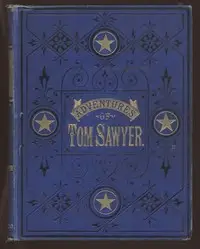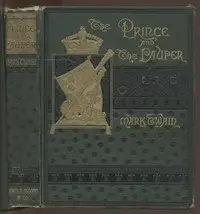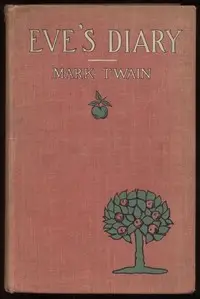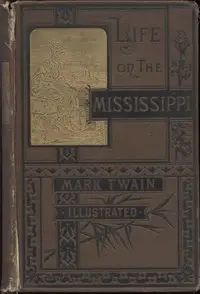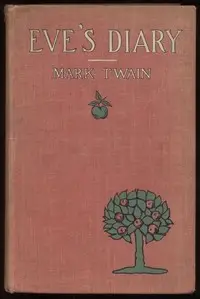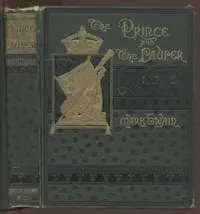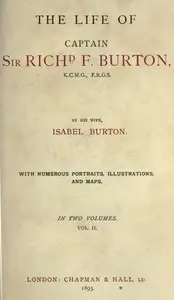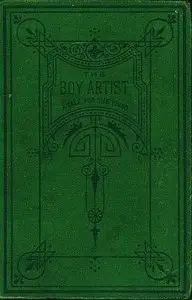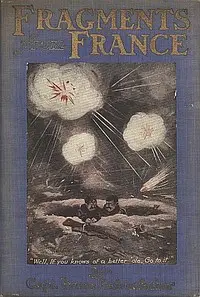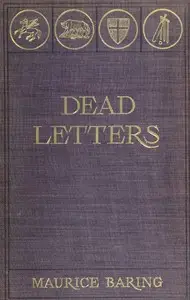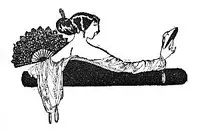"Eve's Diary, Complete" by Mark Twain is a humorous and satirical narrative that takes the form of a diary written by Eve, the first woman created. Written during the early 20th century, the book captures the essence of human experience through Eve's reflections on her life in the Garden of Eden, her observations about Adam, and her philosophical musings. The narrative offers a unique perspective on gender roles, love, and existence, highlighting the playful complexity of human emotions and relationships. The diary begins with Eve's entry as she contemplates her existence and the beauty of the world around her. As she observes Adam and their environment, she tries to navigate her curiosity about him and the various creatures they share the garden with. The story unfolds through her interactions and misunderstandings with Adam, her explorations of nature, and her gradual realization of complex emotions such as love and sorrow. Ultimately, the narrative addresses themes of femininity and masculinity, expressing Eve's deep love for Adam while also showcasing her individuality and desires. It challenges traditional notions of gender and offers witty insights into human nature, keeping readers engaged with its blend of humor and poignant observation. (This is an automatically generated summary.)

Eve's Diary, Complete
By Mark Twain
"Eve's Diary, Complete" by Mark Twain is a humorous and satirical narrative that takes the form of a diary written by Eve, the first woman created. Wr...
Samuel Langhorne Clemens, known by the pen name Mark Twain, was an American writer, humorist, and essayist. He was praised as the "greatest humorist the United States has produced," with William Faulkner calling him "the father of American literature." Twain's novels include The Adventures of Tom Sawyer (1876) and its sequel, Adventures of Huckleberry Finn (1884), with the latter often called the "Great American Novel." He also wrote A Connecticut Yankee in King Arthur's Court (1889) and Pudd'nhead Wilson (1894) and cowrote The Gilded Age: A Tale of Today (1873) with Charles Dudley Warner.

